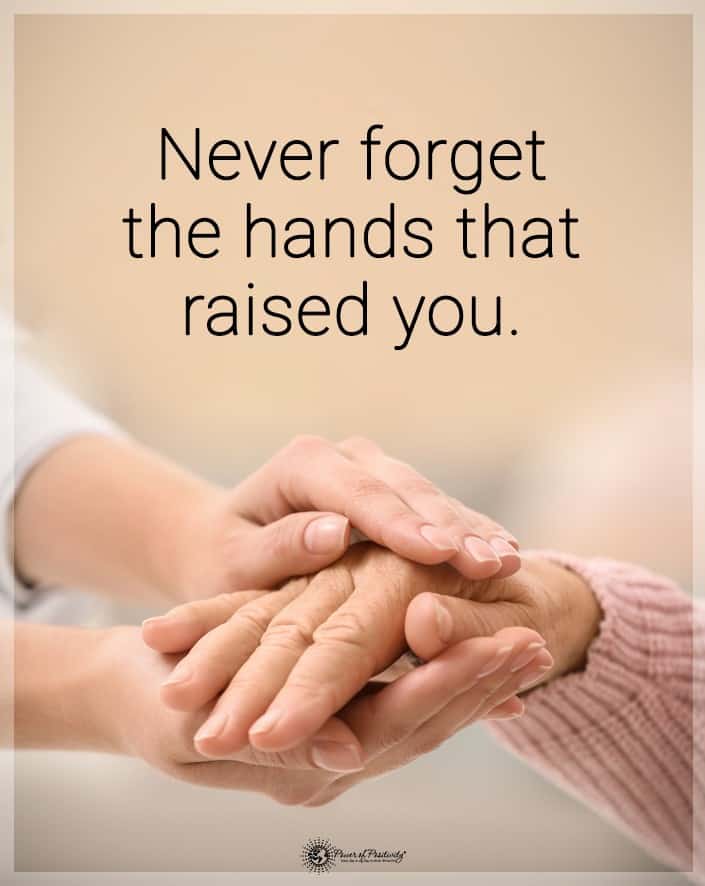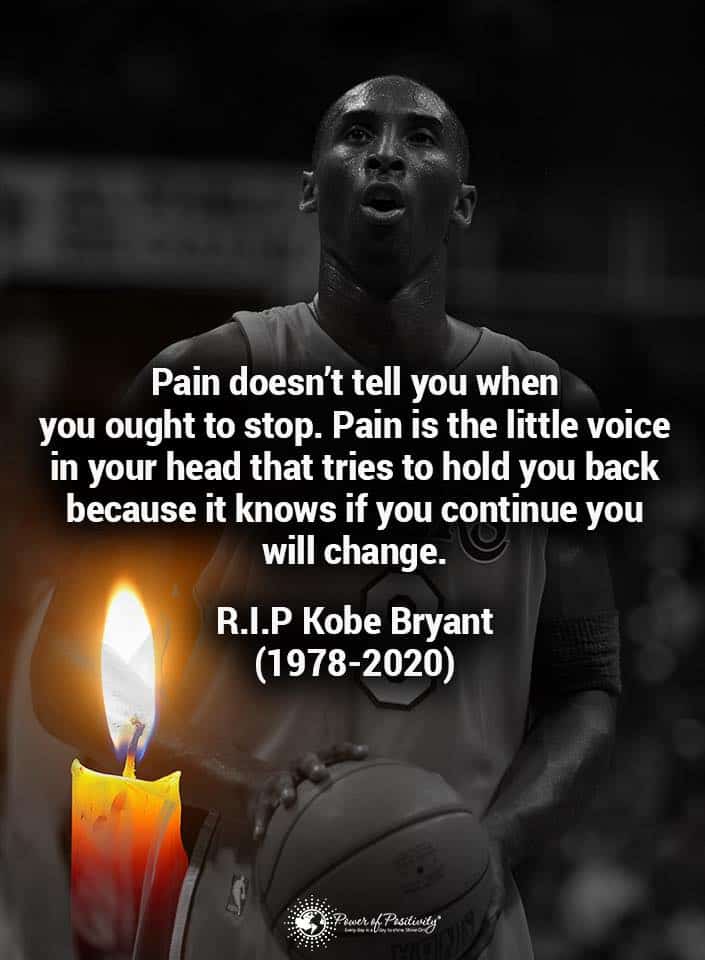Life comes with beauty and pain, and one of the biggest challenges you will face is the loss of someone or something you love. Perhaps you’ve lost a mother, father, or child, and the loss of something so dear creates a void inside you that is hard to mend. There are many coping mechanisms to manage your grief, and they can help you deal with the intense pain you feel.
Even minor losses in your life can trigger sorrow, such as moving from a home you love or changing schools. Loss is very personal, and it’s normal to grieve through change and circumstance. It doesn’t matter the cause of your grief, as there are healthy coping mechanisms that can help ease the sadness and give you effective ways to cope with the pain.
The good news is that you can and will move on at some point, and the time frame is different for each person. There is no right or wrong way to go through this painful process, as the journey is different depending on your faith, circumstances, and personality.
One person may cry non-stop for three days, and then they move on with their life. However, another individual might be unable to eat, and they sink into a deep depression, which takes them years to recover. The fact is that this process takes time, and you cannot hurry it along.
You can’t ignore it and make the pain go away faster, and if you can’t cry, it doesn’t mean you don’t feel the pain any less than others. There are many myths surrounding grief, but each person and situation will dictate the response.
Dealing with The Grieving Process
The coping mechanisms that others have used to get through their times of grief can also help you. According to the National Library of Medicine, there is life beyond your loss, but it’s about finding methods to help you get to that point where you can accept what’s happened.Elisabeth Kübler-Ross made a groundbreaking discovery in 1969 when she created the grieving process. She discovered five stages that each person goes through when they’ve experienced a loss. The stages don’t always go in order, and you might even repeat a couple of them twice, but you will find your journey going through each of these levels.
Step #1: Denial
During this phase, you will doubt that what happened was true. Your mind can’t fathom the loss, so it will do whatever to deny the reality of the situation.
Step #2: Anger
The anger phase tends to be the most profound. You want to know why you’re experiencing this loss and try to find someone to blame it on.
Step #3: Bargaining
During this stage, you will make mental deals with God or the Universe. You will find yourself begging and pleading for the situation to be erased like a bad nightmare.
Step #4: Depression
During this phase, your sadness overtakes you. Remember, sadness and depression are two vastly different things, and you may need help if you can’t get beyond this phase.
Step #5: Acceptance
Once you’ve worked through all the other steps, you will finally accept the loss. It may not come right away, but eventually, you will find acceptance for the situation.
Keep in mind that you cannot tuck such messy emotions into neat, little packages. There may be some dark days, but the good news is that you will eventually learn a new reality.
Symptoms of Grief
How do you know if what you’re experiencing is normal? There are some classical signs of grief that you should know, and this can help you identify what is typical for this journey. The most common signs are:
- Shock and disbelief
- Sadness or depression
- Guilt
- Anger
- Fear
- Fatigue
- Nausea and an upset digestive system
- Changes in weight
- Bodily aches
- Changes to sleep patterns
- Lower immunity
If you get to the point where you want to end your life or feel helpless and hopeless, then you need to get help. It’s also essential that you realize when your grief goes beyond the normal realms, and you need to seek professional help.
Ten Steps to Finding Healthy Coping Mechanisms
Now it’s time to work on effective ways to cope with your loss. You know what the stages of grief are, and you’re ready to deal with this issue head-on. Here are some ways to help you get through this painful situation.
1. Acknowledge Your Pain
Don’t try to suppress your pain or push it down deep inside your being. It would help if you dealt with the feelings, as you must find a way to get over them. Processing any kind of grief is hard, but you must find a way to come to terms with things.
2. Talk To a Counselor
Counseling is one of the best tools or coping mechanisms you have at your disposal. Having a third party who can look at the situation and listen to you is a wonderful help. Marilyn A. Mendoza Ph.D. of Psychology Today writes a fascinating article on counseling during grief.
She states that grief can be disabling, and this is when you need to turn to a professional for help. As a psychologist specializing in bereavement, she has helped many people through the darkest days of their lives.
3. Turn To Family and Friends
Don’t isolate yourself when you’re hurting so bad. You need your family and friends to help you get through this difficult time.
4. Turn To Your Faith
If you have a spiritual practice, turning to a higher power can be incredibly beneficial during these times. Prayer and meditation always make a person feel better, and it should give you a little encouragement that you can get through this time.
5. Use Social Media
Social media has become the new way to grieve. Jennifer Golbeck Ph.D. works with the University of Maryland. She documents the increasing methods of grieving that involve social media. People can hide behind computer screens and cell phones and vent healthily. Of course, there are some unhealthy grieving practices done on these sites too, but it’s an awesome community that can support you in your time of need.
6. Don’t Isolate
Grief will make you want to close yourself away and not face the world. While that’s okay to do for a couple of days while you process the initial blow, you must get out and mingle with others. Still carry on with your hobbies, job, and get out a bit among the living.
You may need to push yourself at first, but you can’t let the grips of depression take hold.
7. Join A Support Group
There are all kinds of support groups, both virtually and in person. You can draw strength from others going through the same type of crisis. It’s easier to understand someone when they’re fighting the same thing.
8. Find An Outlet for Negative Emotions
A great coping mechanism involves finding a positive outlet for those negative emotions. Whether it’s journaling your feelings, doing a vision board to show where you want to be emotionally in time, or using positive affirmations, you need some way to get the grief from the inside out.
9.Learn Your Triggers
Each person has triggers associated with their grief, and you need to develop coping mechanisms for meeting these triggers. For instance, if you lost your mother, going to her favorite restaurant might be too hard. You need to identify your emotional triggers and avoid them during the early parts of the healing process.
10. Take Care of Yourself
It’s effortless to pull the covers over your head and refuse to get up. However, it would help if you made sure you’re still taking care of your needs. Your emotional being is intricately linked to your physical being. So, if you’re not eating right, getting exercise, and getting enough sleep, you will suffer greatly.
Final Thoughts on Coping Mechanisms for Grief
You mustn’t put deadlines on yourself or try to suppress emotions, as this will only make matters worse. It’s okay for you to hurt, and it’s okay for you to cry. It’s healthy to release those overwhelming feelings.
If you don’t find healthy outlets or coping mechanisms for your grief, you will be like a time bomb waiting to explode. You can only take so much internally before it comes out. Sadly, there isn’t an easy way to get over a loss, as it’s something you must work through a little at a time.
The key is that if you feel that you’re not getting better and things are worse, you know when you need to get help. Did you know that there is a national hotline for people facing grief and needing someone to talk to? You can call 1-800-445-4808 anytime day or night and be connected with someone who can help.
Even when you’re at your lowest, you can find a glimmer of hope. To find inspiration to keep going, look at the beauty of nature all around you, your loving family, and all the blessings you’ve been given.



















